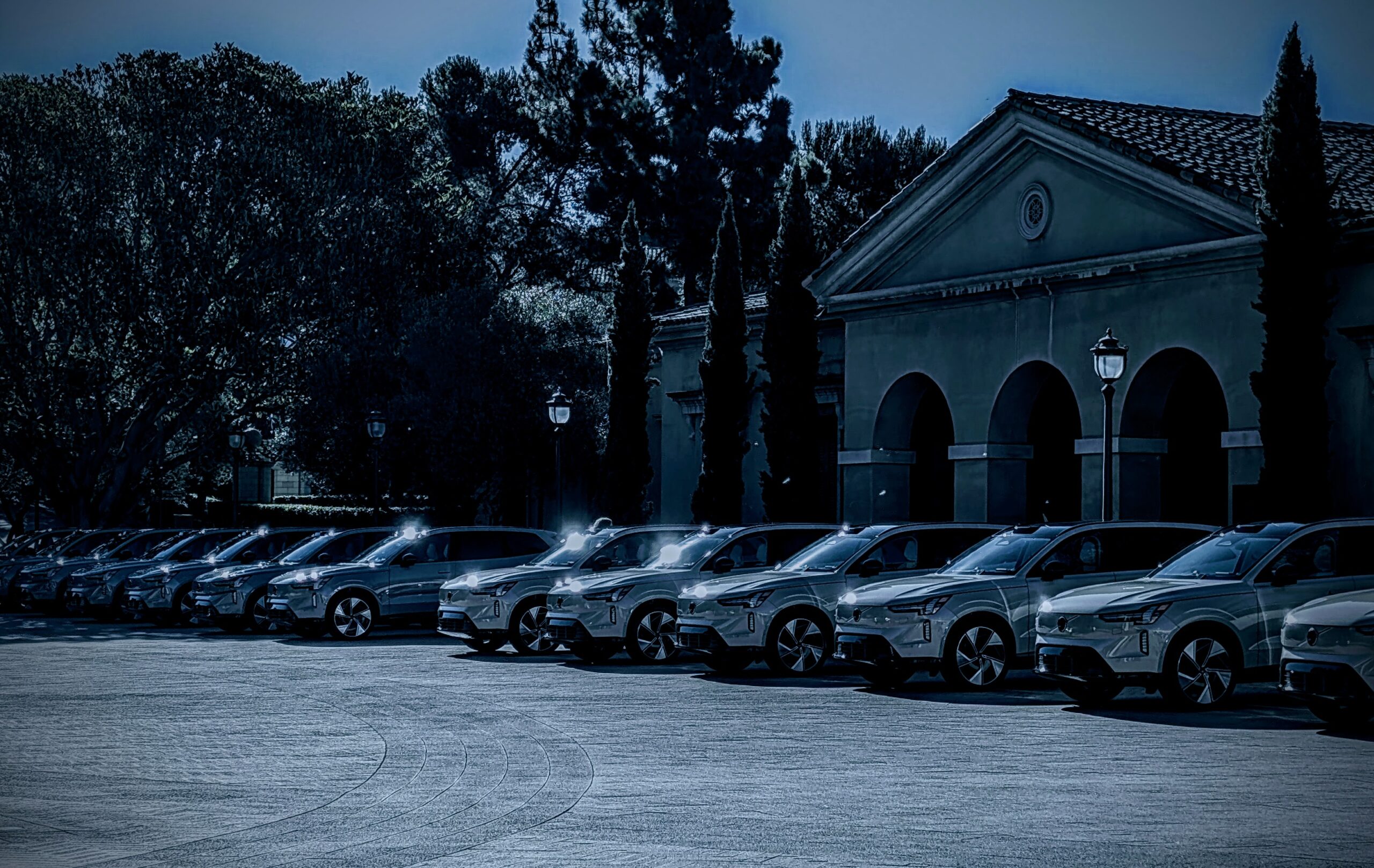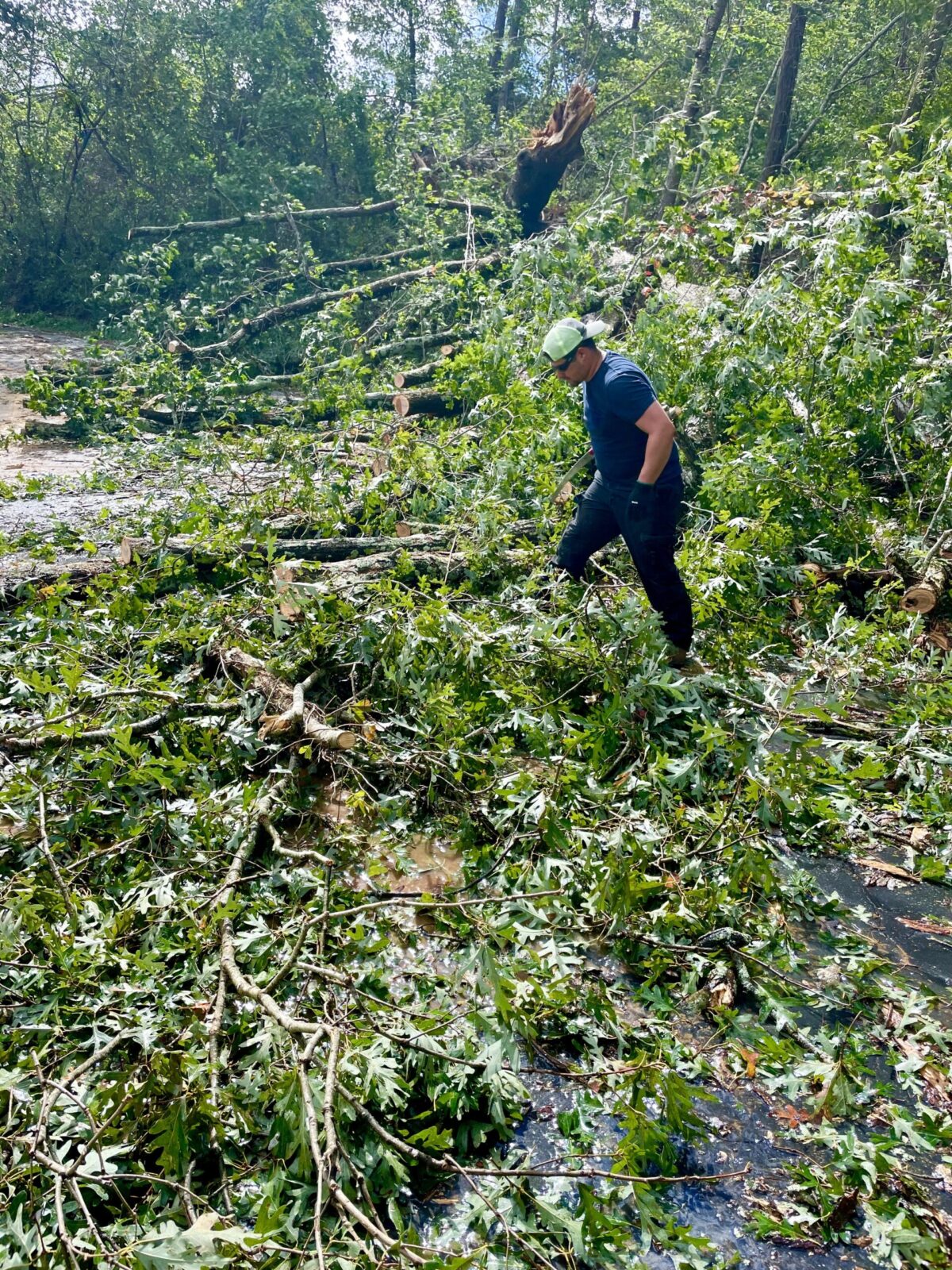Sefar is propelling a more sustainable mineral processing industry, delivering filtration media that stands the test of time.
Enabling the separation of solids from liquids, filtration media is a critical component of mineral processing and must be carefully chosen to ensure operators meet their desired environmental objectives and adhere to regulatory standards.
Sefar, a global pioneer in filtration media, combines extensive application expertise with a leading fabric portfolio to deliver environmentally friendly filtration solutions without compromising performance.
Sefar minimises its environmental impact through a variety of initiatives, one of which includes the development of bio-sourced polymers for the production of filtration media. This is part of Sefar’s broader strategy to ensure that every aspect of its products, from creation to end-of-life, is designed with sustainability in mind.
From the selection of yarn to weaving, finishing, and fabricating the final filtration product, Sefar ensures premium product quality alongside a commitment to environmental responsibility. The company has complete traceability of all critical components, which is essential for certifying product performance and reliability.
Sustainable fabrics
Sefar’s journey into sustainable fabrics began around 20 years ago with the introduction of products made from bio-based polymers. The yarn developed for these products was sourced from recycled PET (polyethylene terephthalate) from various sources. This choice was strategic, with the smaller-diameter yarn used in components facilitating easier fabric development.
Following the success of this initial phase, the program broadened its scope, specifically targeting the production of fabric for vacuum belt filters. This shift necessitated the creation of a new yarn with a larger diameter, designed to endure the more demanding production processes characteristic of the mineral processing industry.
This innovative fabric is now set to replace Sefar’s existing standard fabric for vacuum belt filters.

After significant success with its recycled PET program, Sefar began exploring additional innovation opportunities to improve customer filtration processes. The goal was to develop products that not only have a longer lifespan but also contribute to waste reduction over time.
X-Scale
This led to the development of Sefar’s X-Scale fabric, which has seen great success with a prominent alumina producer in Australia. This fabric demonstrates exceptional resilience during over-flocculation events, allowing it to recover effectively even in difficult circumstances, while also showing remarkable durability following caustic washing, enhancing its overall longevity.
The performance of the X-Scale fabric has been impressive, with an average lifespan of approximately 3000 hours. This contrasts the 1800-hour lifespan typically seen in other fabrics. This notable increase in durability not only improves operational efficiency but also significantly reduces waste from fabric disposal, moving operators closer to a sustainable fabric solution.
Sefar has now created a new non-PFAS (perfluoroalkyl and polyfluoroalkyl substances) variant of this high-performance fabric, which is currently undergoing trials in alumina production.
Initial results indicate a 30 per cent improvement in lifespan, which translates to reduced fabric consumption over time. This research and development (R&D) phase is being conducted in Canada and Australia, and upon successful testing, the new fabric is expected to replace several existing fabrics used in a range of mineral processing applications.
“It’s an exciting time for Sefar at a critical time for our world,” Sefar managing director – Oceania Max Wijasuriya said.
“Having been around for nearly 200 years, Sefar’s focus is to enable life-essential filtration, and our new developments are a win–win – a win for the environment but also a win for mine sites, who are able to perform better and more efficiently with our solutions. And this is just the tip of the iceberg.”
Sefar’s solution
By applying its holistic approach, Sefar is helping mining companies across the world improve their processes, with its fabric excelling in a range of filtration processes, including copper, lead, zinc, gold, lithium, and titanium dioxide applications, to name a few.
Sefar is evolving its operations to ensure it’s on a sustainable footing for the future. It is formalising environmental, social and governance (ESG) into its operations, setting itself up to be an important sustainability player for years to come.
ESG has led Sefar to develop specialised filter solutions used in dewatering up to 80,000 tonnes of tailings every day. It has also driven Sefar to reduce filter waste for its customers, achieving up to 7500 cycles in certain industries compared to typical lifetimes of 2000–3000 cycles.
Sefar fabrics also help decrease cake moisture by up to 3–5 per cent, reducing energy consumption for drying and further improving ESG outcomes.
Whether a company is producing alumina using Kelly leaf filters, extracting lithium from spodumene with vacuum filters, or dewatering tailings for dry stacking, to name a few applications, Sefar has the solutions.
The company has come a long way in its sustainability journey and will continue to progress solutions to support more efficient, cost-effective and sustainable mineral processing operations.
This feature appeared in the June 2025 issue of Australian Mining.



